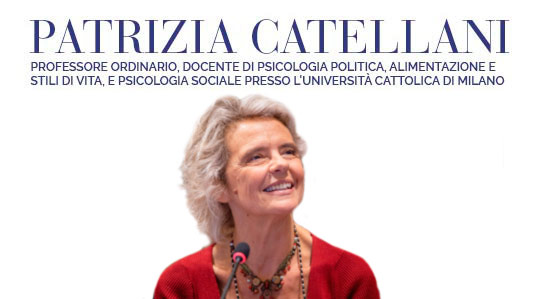 Catellani, P., & Bertolotti, M. (2013). In J. Forgas, O. Vincze, & J. Laszlo (Eds.), Social cognition and communication. Psychology Press, New York, pp. 283-296.
Catellani, P., & Bertolotti, M. (2013). In J. Forgas, O. Vincze, & J. Laszlo (Eds.), Social cognition and communication. Psychology Press, New York, pp. 283-296. ![]()
ISBN 978-1-84872-664-2
H
ow do our opinions of politicians depend on what politicians say and what other people tell about them or to them? In the present paper, we will focus on the relations between some subtle and indirect (but widely employed) forms of political communication and the effects they may have on the perception of political candidates. We will especially focus on attack and defense communication and on the possibility that using a subtle and indirect communicative strategy such as counterfactual statements (i.e., “If only…”) may increase the effectiveness of communication. After taking into account some pragmatic features of political communication and its links with impression formation, we will briefly review the socio-cognitive processes that previous research has shown to be connected to the generation of counterfactual thoughts. We will then examine how the use of counterfactuals in attack and defense messages may affect receivers’ judgments in the political context.
 Italiano (IT)
Italiano (IT)  English (UK)
English (UK) 
